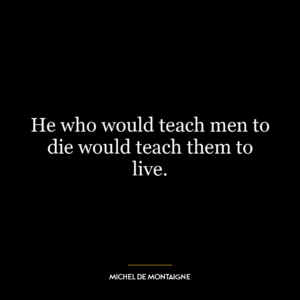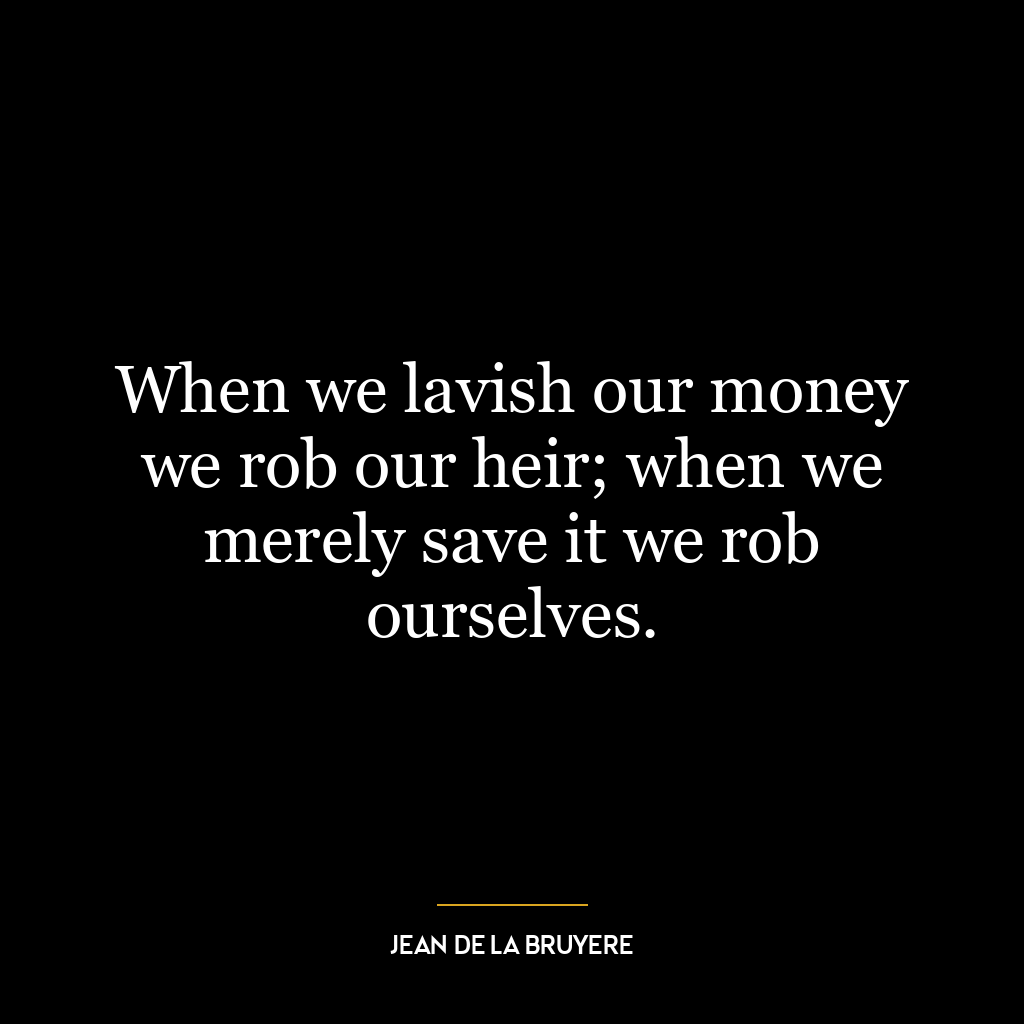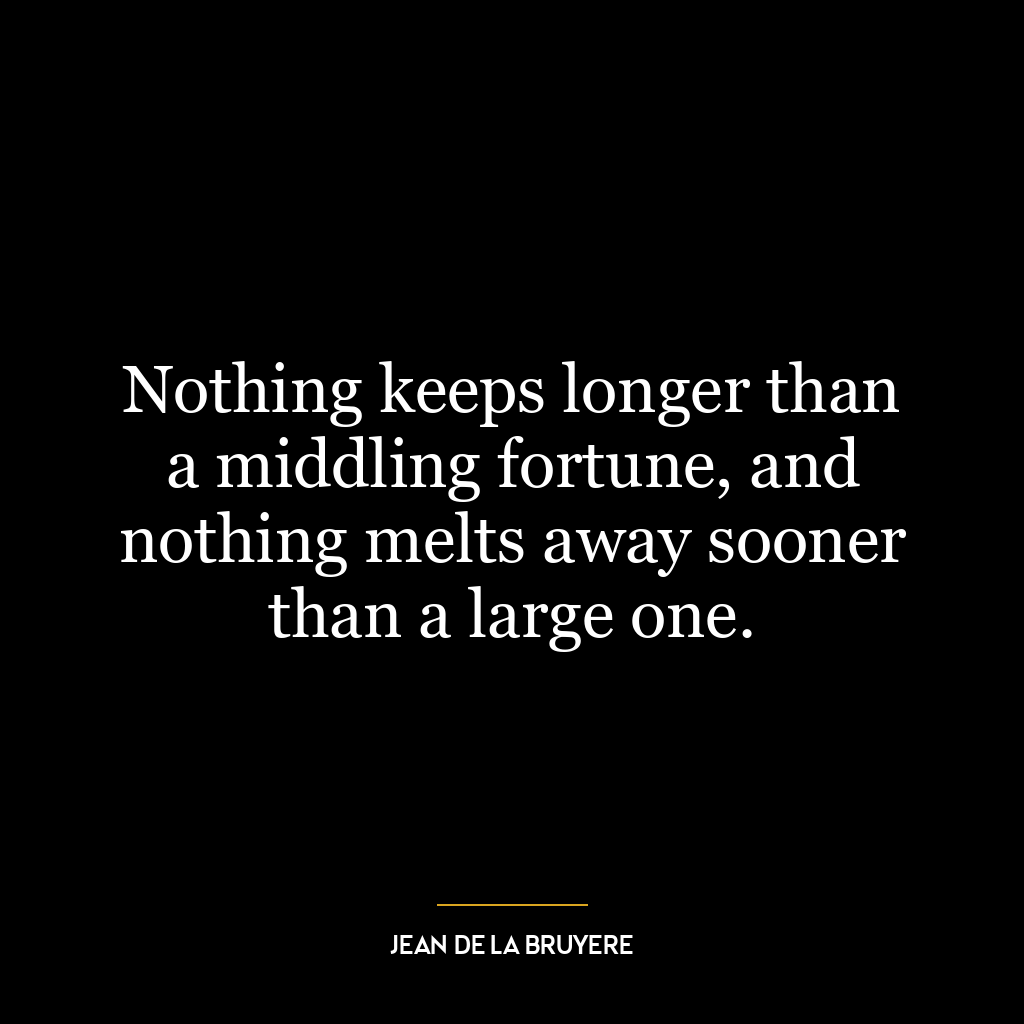This quote suggests that material poverty, or a lack of physical goods, is something that can be remedied. It implies that with effort, determination and the right opportunities, one can acquire wealth or possessions to alleviate this type of poverty. However, ‘poverty of soul’ is described as impossible to cure. This refers to a deeper kind of impoverishment – not in terms of material wealth but in terms of moral or spiritual richness.
When someone suffers from ‘poverty of soul’, they may lack empathy, compassion, humility and other virtues that make us human and connect us with others. This kind of poverty is much harder to remedy because it involves changing one’s inner self or character which often requires profound introspection and personal growth.
In today’s world where materialism often takes precedence over spiritual wellbeing, this quote remains relevant. We live in an era where success is often measured by the amount we earn or the possessions we own. Yet many people who have all these things still feel empty inside because they have neglected their inner development – their soul.
In terms of personal development, this quote could serve as a reminder for us to balance our pursuit for material wealth with nurturing our souls by cultivating virtues like kindness, understanding and love towards others. It reminds us not just to strive for financial security but also emotional and spiritual richness – elements which truly enrich our lives beyond any tangible assets.
Moreover, if we apply this perspective on societal level it encourages investment in education and moral upbringing alongside economic development efforts; aiming not just at reducing financial poverty but also addressing the more complex issue: ‘poverty of soul’.











